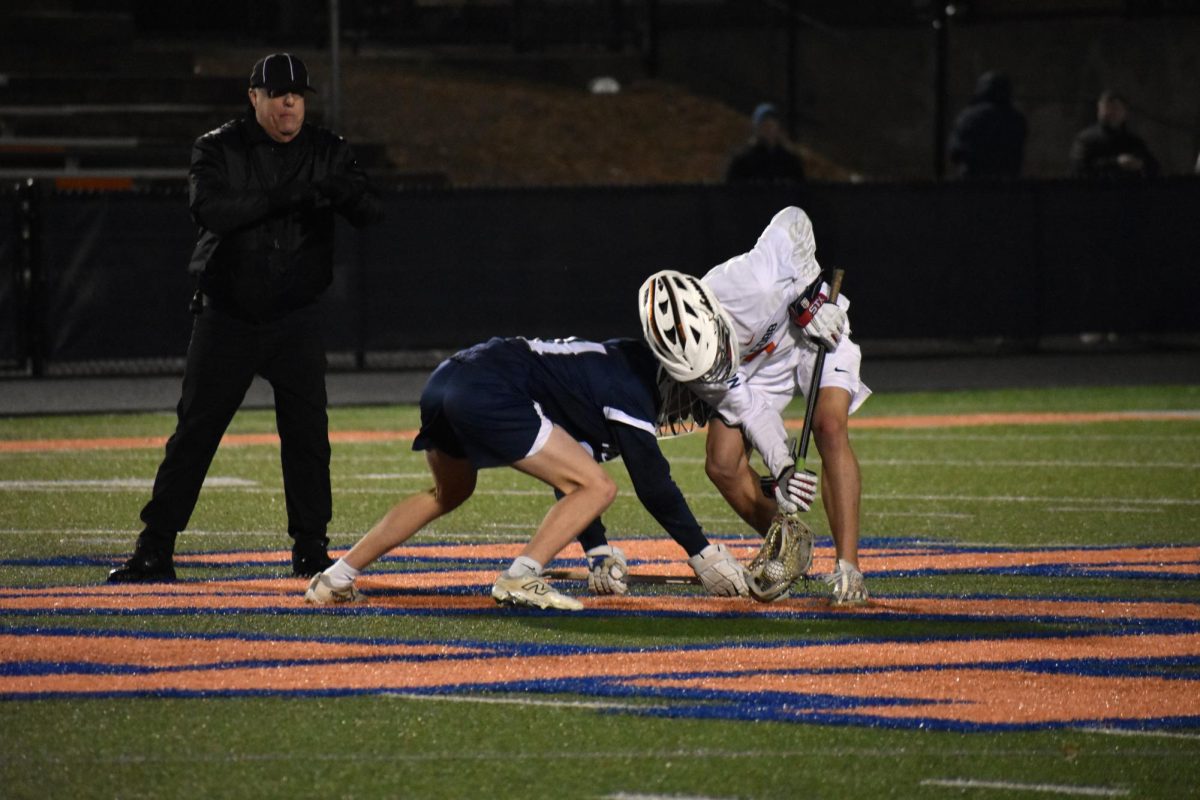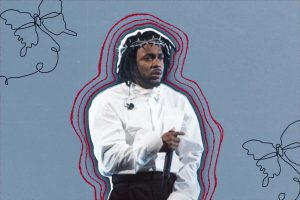
Addie Hill, Lead Page and Media Team Liaison
April 3, 2025
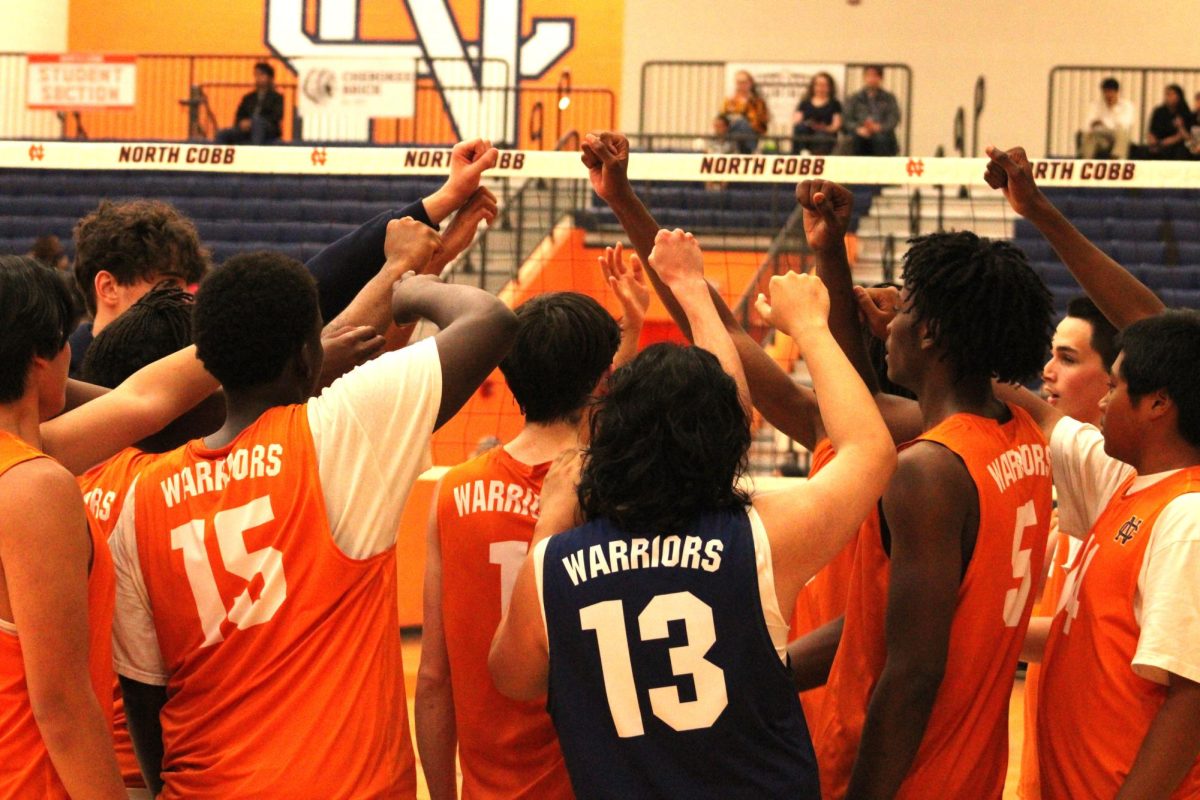
Mackenzie Blanco, Copy Editor
April 3, 2025

Addie Hill, Lead Page and Media Team Liaison
April 2, 2025
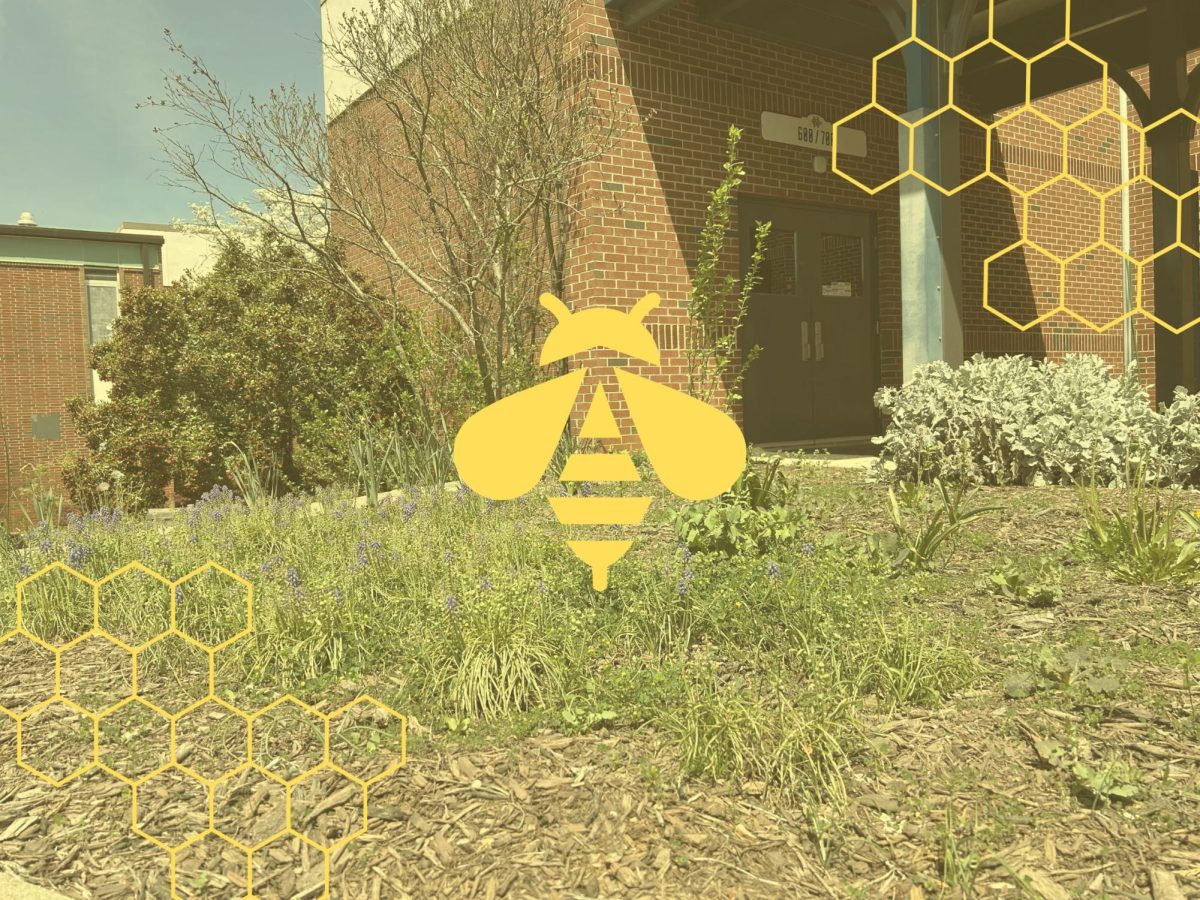
Saturday, March 29, the state of Georgia reached its highest pollen count recorded in around 35 years. Atlanta Allergy & Asthma recorded...
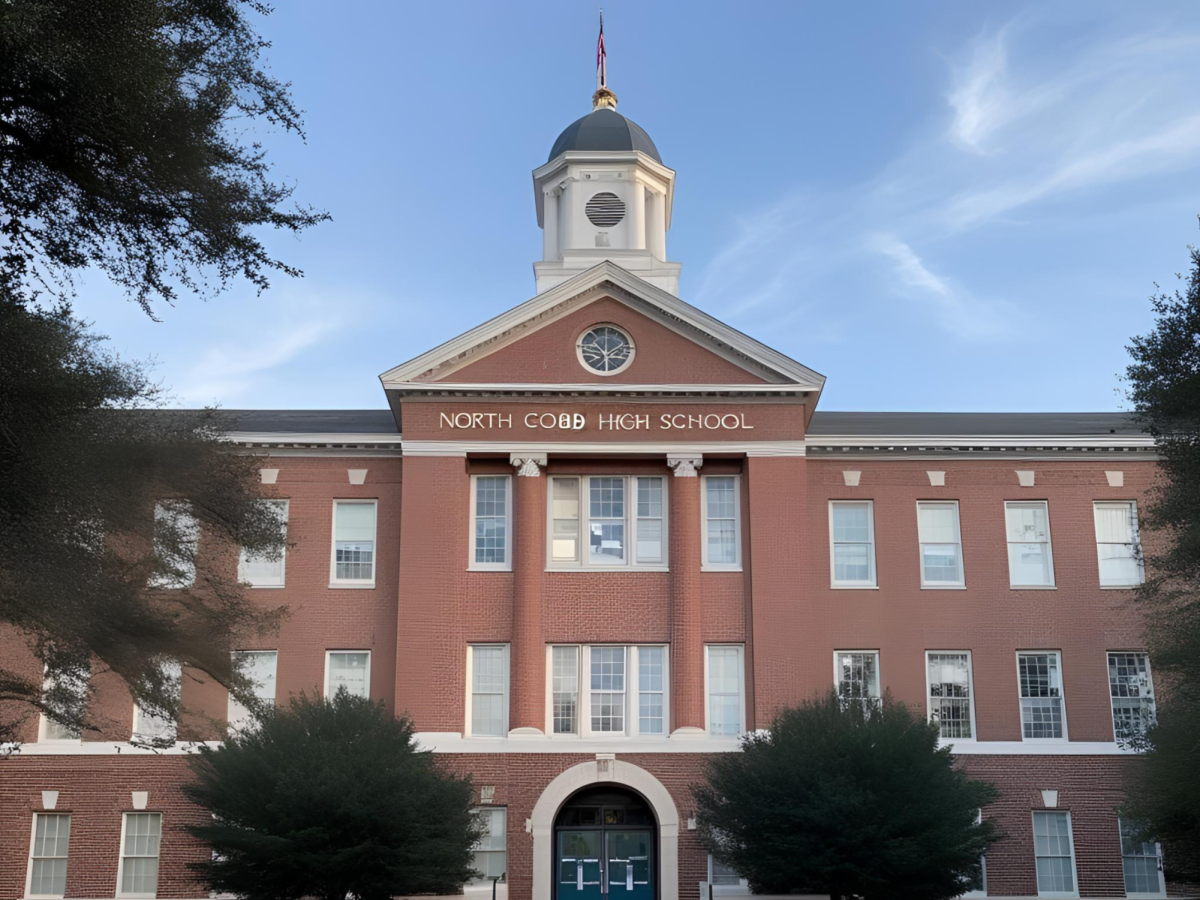
In lieu of the new regulations placed on cell phones around the NC campus, the administration scrambled, attempting to outsource a method to...

With the heightened number of plane crashes in the past couple of months and the hundreds of deaths that have occurred, Cobb County has permitted...
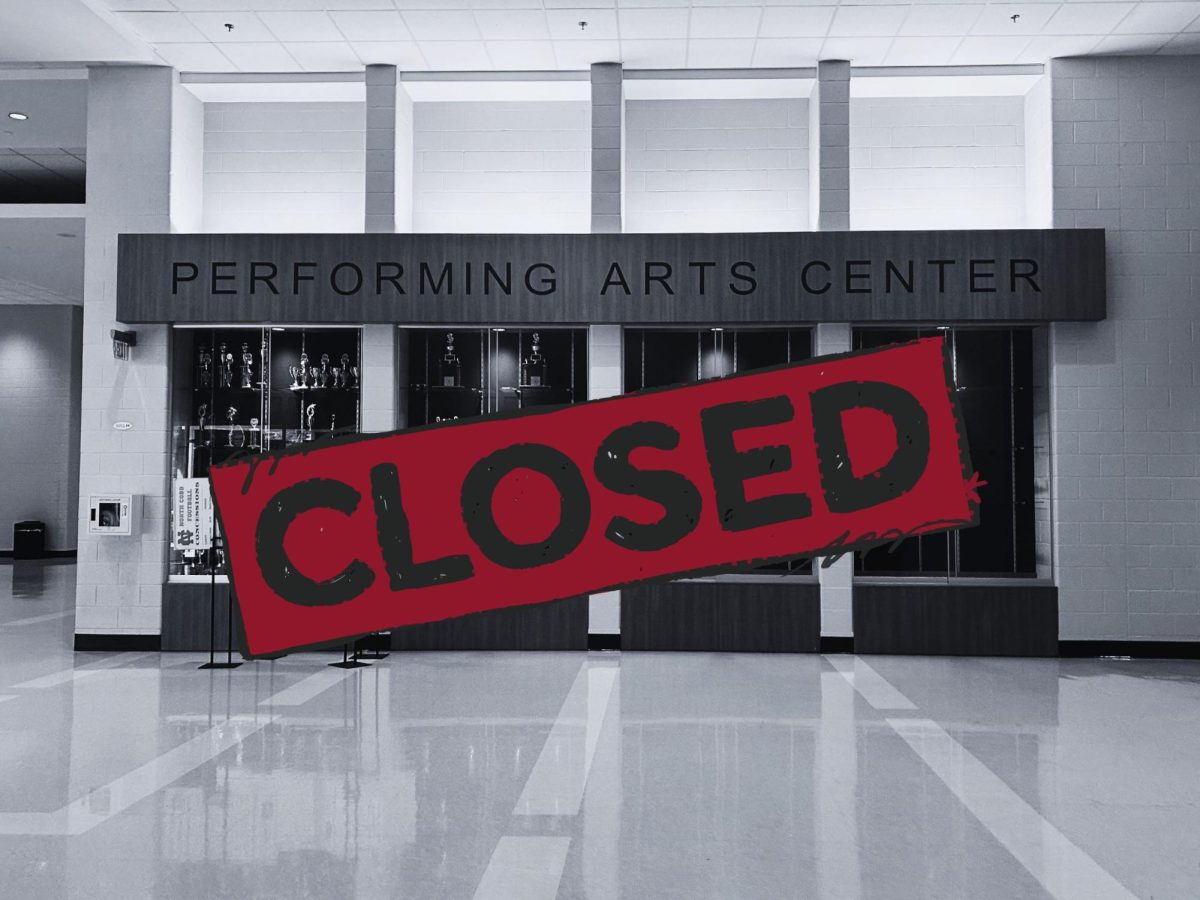
After several months of debating, the Cobb County Board of Education decided to cut performing arts at NC. This decision is rooted in the lack...


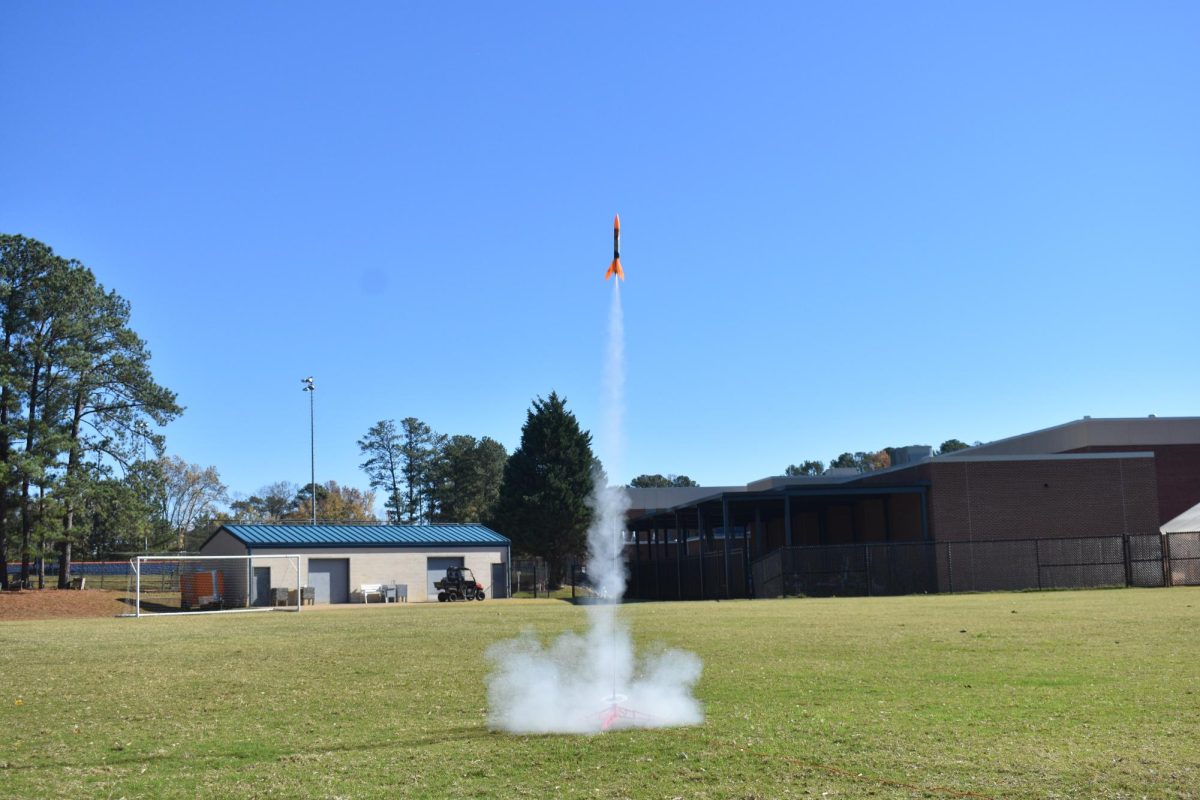

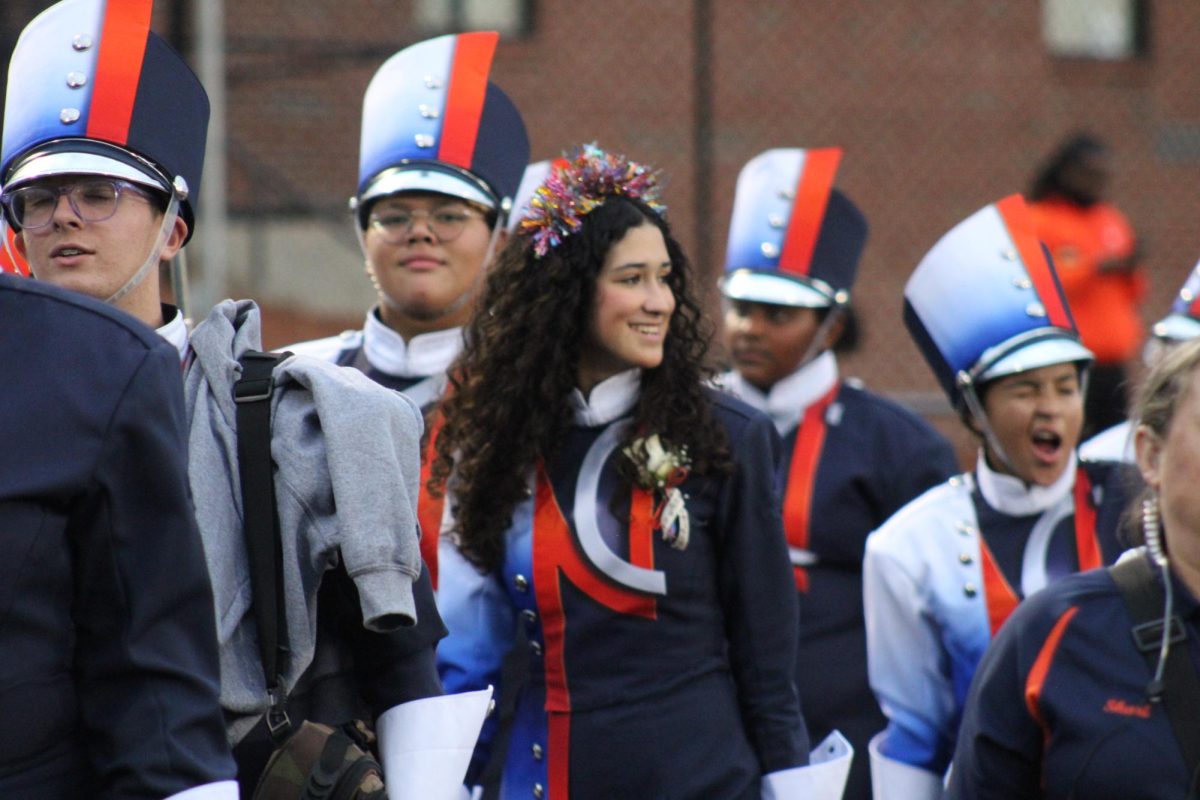

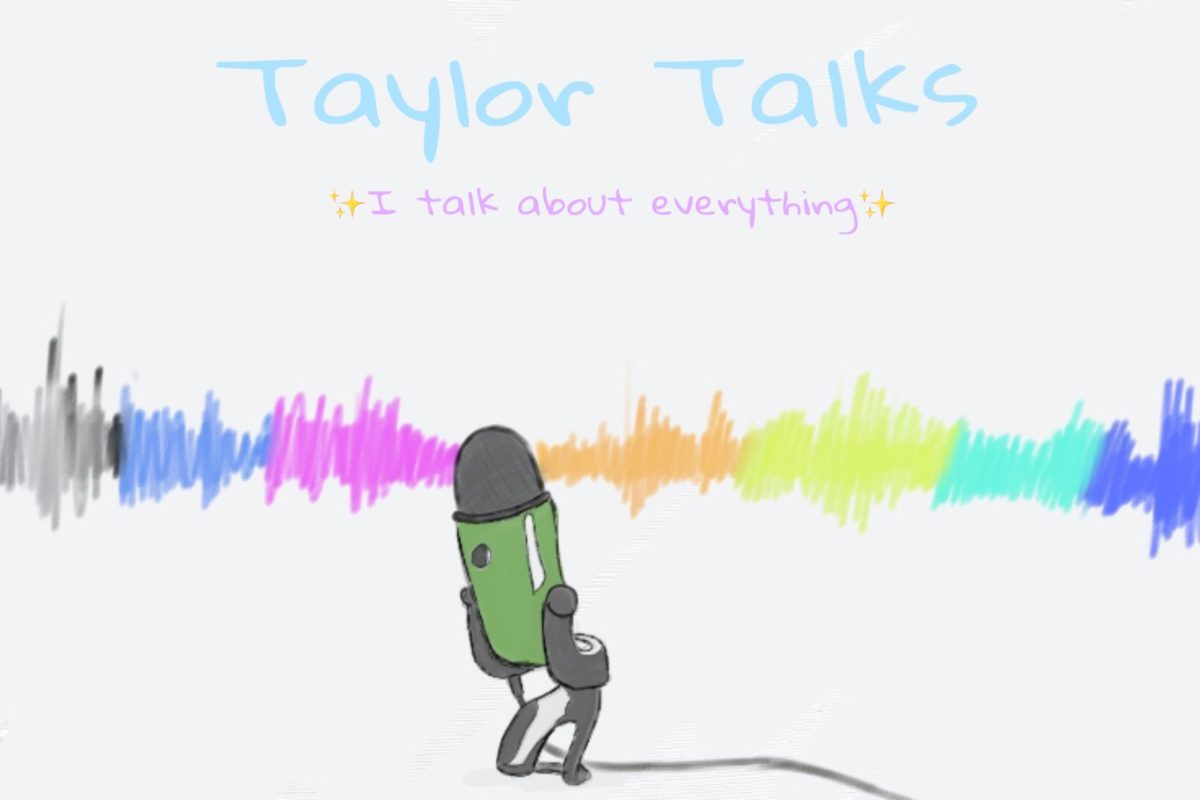


A new program introduced into the Major League Baseball (MLB) organization provided select high school teams near the Atlanta area with the...






-
6 PM82 °
-
7 PM80 °
-
8 PM79 °
-
9 PM77 °
-
10 PM76 °
-
11 PM75 °
-
12 AM74 °
-
1 AM72 °
-
2 AM71 °
-
3 AM69 °
-
4 AM68 °
-
5 AM67 °
-
6 AM66 °
-
7 AM66 °
-
8 AM65 °
-
9 AM65 °
-
10 AM65 °
-
11 AM66 °
-
12 PM67 °
-
1 PM70 °
-
2 PM73 °
-
3 PM74 °
-
4 PM76 °
-
5 PM74 °
-
6 PM72 °

This poll has ended.
Insta or TikTok?
Sorry, there was an error loading this poll.

View this profile on InstagramThe Chant (@ncthechant) • Instagram photos and videos


Beginning with her childhood, NC senior Gabrielle Johnson’s artistic style has evolved and taken new forms. Johnson uses various mediums...

After the devastating news of beloved actor Justin Balsoni’s death in the fiery helicopter crash March 30, speculating fans wonder if his ex-costar,...

Out of three insects, bees, flies or wasps, each one produces a unique sound. Considering the tone, tolerability and pitch of each, the fact...

Approaching the end of the 2024-25 season, NC sports see a bright uptick in athletic success. With multiple sports reaching the state playoffs...

Beginning in April, NC and the Eco Warriors club partnered up to bring a surprise for the livelihood of the community. As a discussion around...




